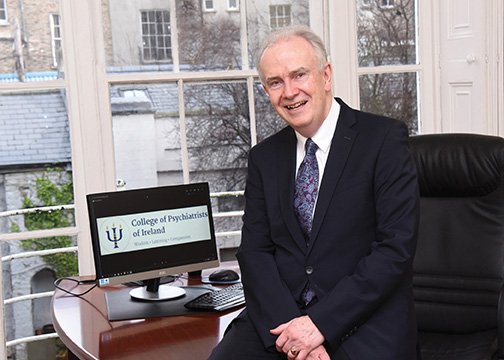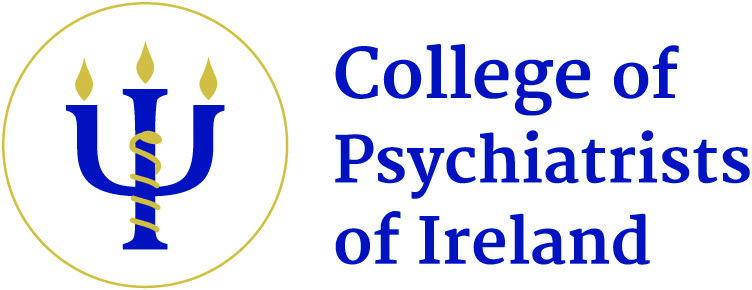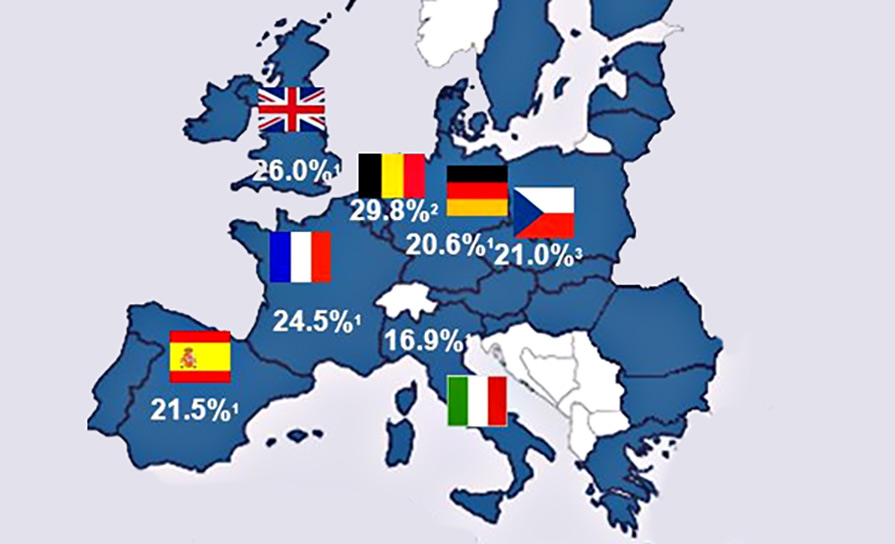In advance of the upcoming College of Psychiatrists of Ireland Winter Conference, which is themed ‘psychiatry and conflict’, College President Dr John Hillery spoke to Sarah Gallagher about his expectations for the meeting and the challenges facing the specialty
The good news is that young doctors now want to train in psychiatry in Ireland “and we should make use of that and give them what they want”, which is more training posts, according to the President of the College of Psychiatrists of Ireland, Dr John Hillery.
Speaking to the Medical Independent (MI) in advance of the College’s winter conference, which will be held in Belfast on 14-15 November, Dr Hillery said there is a lack of training posts within the specialty.
He said this represents progress from a period when people did not want to undertake psychiatry training in Ireland and in this sense, is “a good news story”.
“It means that people want to train in Ireland, want to stay in Ireland and we know that all the international data shows that people will settle where they train and then will become consultants where they train.”

But the required number of training posts are not being made available, according to Dr Hillery. “The problem is there aren’t enough posts for them and that’s an issue of money because salaries have to be paid… that seems to be the sticking point at the moment, there’s very little money in the system and there’s no money for new posts and thanks to the success of our training schemes we have more and more people coming through…
“We were told by the HSE many years ago that our training should be run-through; so if you become a trainee [on] day one, that you’ll end up on a path that will take you through basic specialist training into higher specialist training and out as a specialist, and that means having matching posts as you go along and unfortunately we’re fighting hard at the moment to find those posts for next year.”
Speaking specifically on the winter conference, which is themed ‘psychiatry and conflict’, Dr Hillery said he had two expectations.
One is to “cement relationships further” with colleagues from the North, as the conference is being organised with the Northern Ireland division of the Royal College of Psychiatrists.
The other expectation is to explore “issues around conflict, which are very pertinent at the moment”.
“I think one of the highlights of the conference is going to be Lord Alderdice speaking about conflict, co-operation and complexity… he spoke two years ago at a conference we held too, and he’s obviously got very interesting insights on the matter, seeing as he’s a politician and a psychoanalyst and a psychiatrist.”
Other keynote speakers at the conference include Director of the MSc in Cognitive Behavioural Therapy (Trauma) at Queen’s University, Belfast, Dr Michael Duffy, and Professor of Psychology at University College London, Prof Chris Brewin.
The conference aims to explore conflict in “all contexts”.
“The programme deals with many issues related to conflict and different psychiatric phenomena that might lead people into conflict and how we should be helping people. So hopefully it will be a stimulating conference for everyone,” Dr Hillery told MI.
He said the conference programme includes a broad range of topics, including continuing professional development North and South, Brexit, post-traumatic stress disorder, complex grief, and trauma,
Dr Hillery outlined that different areas of conflict would be addressed, from the pan-national to the individual and cross-service conflicts that may cause problems for patients.
Meanwhile, speaking about Budget 2020, he said: “We were hard put to find a lot on mental health in it.”
He underlined that carers, for example, were under increasing pressure and suffering more comorbidity.
Dr Hillery also described the current state of psychiatry in Ireland as one of “some demoralisation”. This was due to lack of resources, staffing for multidisciplinary teams and support for certain specialist areas.
“That’s why a conference like this is very important, it gives people a chance to meet and focus on things that are of interest to them rather than on the deficits in services.”













Leave a Reply
You must be logged in to post a comment.